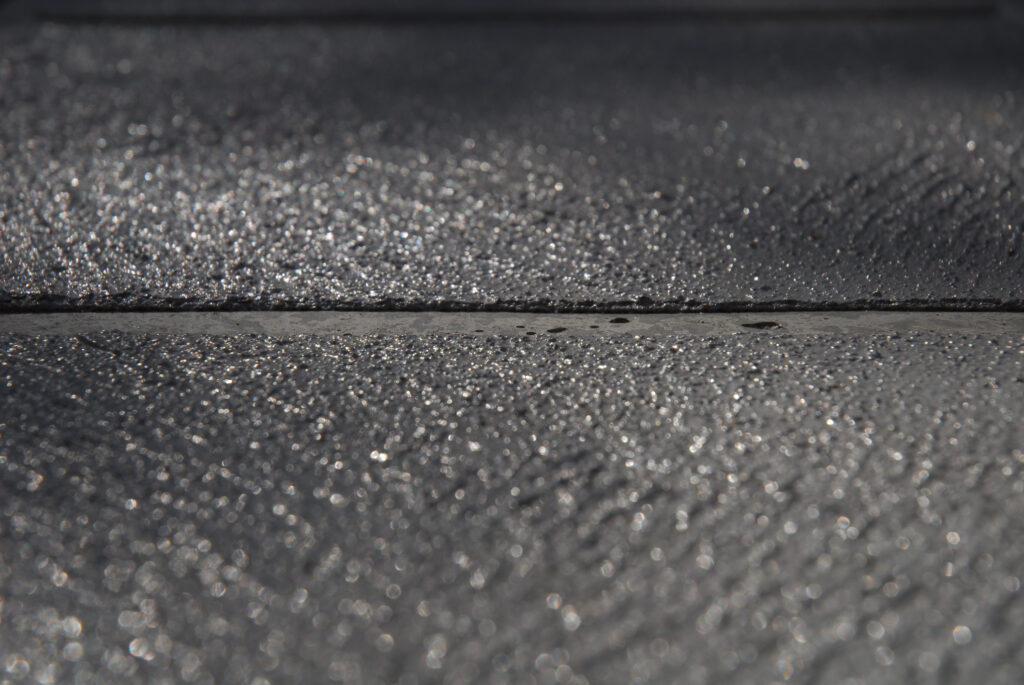
Sealing concrete surfaces might seem like a straightforward task. Yet, there’s more to it than meets the eye. If you’re contemplating this project, reaching out to the experts at Fuller Concrete Staining on 855-910-8841 can help clarify the specifics for your unique situation. Meanwhile, let’s address some of the most common inquiries that typically pop up when discussing concrete sealing.
Which Concrete Areas Benefit Most from Sealing?
Concrete sealing isn’t solely for those in cold regions prone to freeze-thaw cycles, though those areas certainly benefit. Regions in California, for example, can benefit from this protective layer. Besides weather protection, sealing your concrete is a smart choice if you aim to:
- Ward off stains effectively.
- Reduce the prevalence of dust.
- Enhance abrasion resistance.
- Retain a pristine appearance, particularly if the concrete has undergone staining.
- Minimize surface wear and tear.
Why Should I Worry If My Concrete Isn’t Sealed?
While concrete is undeniably sturdy, it’s also quite absorbent. Its porous nature makes it susceptible to liquid absorption. Everyday substances, ranging from oils and fertilizers to salt, can adversely affect unsealed concrete, leading to discoloration, damage, or both. Sealing provides an added barrier, safeguarding the integrity and appearance of your concrete.
How Do I Determine the Cost of Concrete Sealing?
Several factors dictate the overall cost. The size of the area in question, the specific type of sealant chosen, and any additional treatments (like staining) can influence the final price. For a tailored estimate that considers all these variables, contacting Fuller Concrete Staining at 855-910-8841 is your best bet.
Post-Sealing: What Should I Expect in Terms of Appearance?
The afterlook largely depends on your sealant of choice. Opting for a chemically reactive sealer offers a more natural appearance since it delves deep into the concrete. On the other hand, solvent-based acrylic resin sealers render a glossy, lustrous finish, while water-based variants impart a subdued, stained look. Essentially, you’re in control of the final aesthetic!
Is DIY Concrete Sealing a Viable Option?
While the DIY route may seem tempting, professional intervention is always advisable. The reasons are multifaceted:
- Tools and Materials: Beyond the sealant, you’d need to invest in specialized tools that can be relatively expensive.
- Expertise: Professionals come equipped with experience, ensuring impeccable results that stand the test of time.
- Cost-Effectiveness: In many scenarios, DIY attempts can inadvertently become costlier than hiring professionals, especially when factoring in potential missteps.
Is There an Ideal Timeframe for Sealing Concrete?
The right time hinges on the chosen sealant. For instance, if you’re gravitating towards an acrylic-resin sealer, the concrete merely needs to support the weight of the applicator. However, other types might necessitate the concrete to undergo a curing period, often up to 28 days.
Still have a cache of questions about concrete sealing? Need guidance tailored to your specific situation? Looking for help with concrete staining? Don’t hesitate to dial Fuller Concrete Staining at 855-910-8841. We’re committed to ensuring that your concrete not only looks its best but also lasts longer, all while being easy on your pocket.
